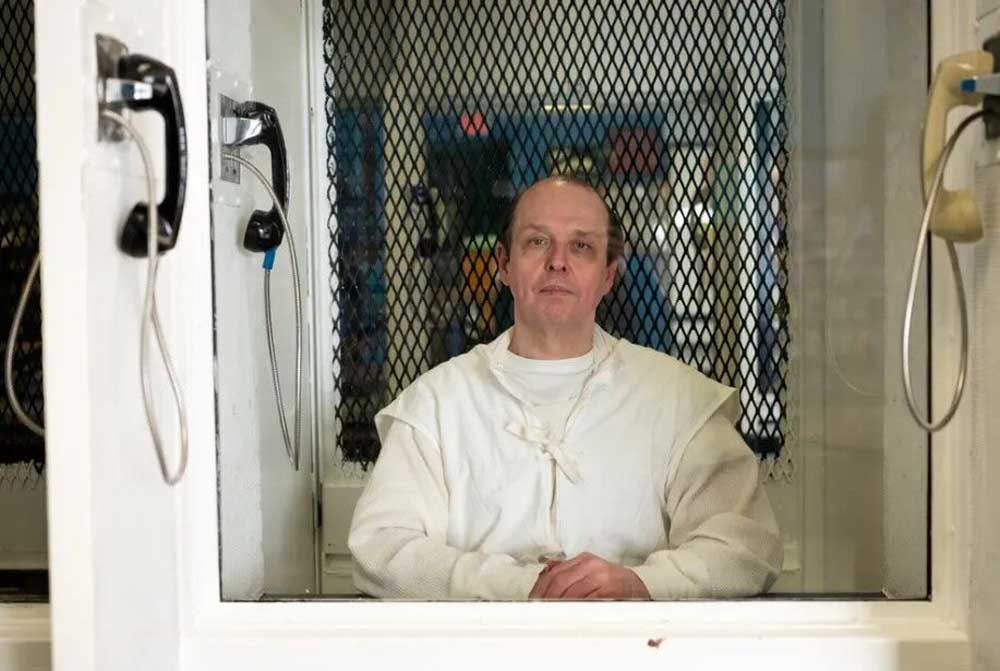Why should Iowans have such a big say?
Published 7:32 pm Friday, January 22, 2016
The squabble over ethanol in Iowa between GOP presidential candidates Donald Trump and Sen. Ted Cruz is heating up, but it only goes to prove the point that Iowa doesn’t deserve its “first in the nation” primary status.
As the Wall Street Journal pointed out, “Donald Trump, who is battling Sen. Ted Cruz for the top spot in corn-rich Iowa, is seeking to draw a contrast between the two candidates by catering to the state’s corn ethanol industry more than any other top GOP candidate.”
Trending
In fact, Trump has pledged to increase federal support for ethanol, a wasteful, environmentally harmful alternative fuel.
But the real point here isn’t whether the government should fund ethanol. It’s whether Iowa deserves to be the first state to caucus voters in presidential elections.
Much about the current primary system makes sense – a single-day, nationwide primary would force candidates to ignore all but the big cities in the swing states – but parts of it don’t.
On Feb. 1, Iowans will be the first Americans to cast ballots in the 2016 presidential race. But the ethanol issue, which benefits no one in the world but Iowa corn farmers, shows that Iowa doesn’t deserve its exalted place on the calendar.
Just for suggesting that Iowa shouldn’t have a disproportionate influence on primaries last year, GOP strategist Liz Mair was fired from Wisconsin Gov. Scott Walker’s campaign.
“The sooner we remove Iowa’s frontrunning status, the better off American politics and policy will be,” Mair tweeted.
Trending
Iowa party officials were furious.
“It’s obvious she doesn t have a clue what Iowa’s all about,” said Iowa’s Republican Party Chairman Jeff Kaufmann. “I find her to be shallow and ignorant, he added, and I’ll tell you, if I was Gov. Walker, I’d send her her walking papers.”
Walker did, but Mair had a point. As Jonah Goldberg wrote in 2012, “Who died and made Iowans pope?”
“It’s worth recalling that there s no actual reason why Iowa should go first,” Goldberg pointed out in a USA Today column. “All the explanations you hear from Iowa party hacks and their enablers are post-hoc rationalizations for why Iowa should stay first. The caucuses were moved to the front of the schedule essentially by accident in 1972. In 1976, Jimmy Carter, a dark horse candidate, committed himself to campaigning aggressively in what was still considered a political backwater and emerged a star.”
That’s when the political media romanticized the place and started treating Iowa as special.
That’s also when ethanol became a serious political issue. Candidates who want to do well in Iowa have to pay tribute to the alternative fuel that is one of the government’s biggest, most wasteful boondoggles.
Yet Iowans are terrible at predicting who the eventual nominee will be. In 2008, the GOP winner was Mike Huckabee, whose candidacy went nowhere; in 2012, it was Rick Santorum, whose run also ended with a whimper.
Whatever the outcome of the Trump-Cruz spat, the problem is clear. Iowa has too big a say in who our next president will be.







